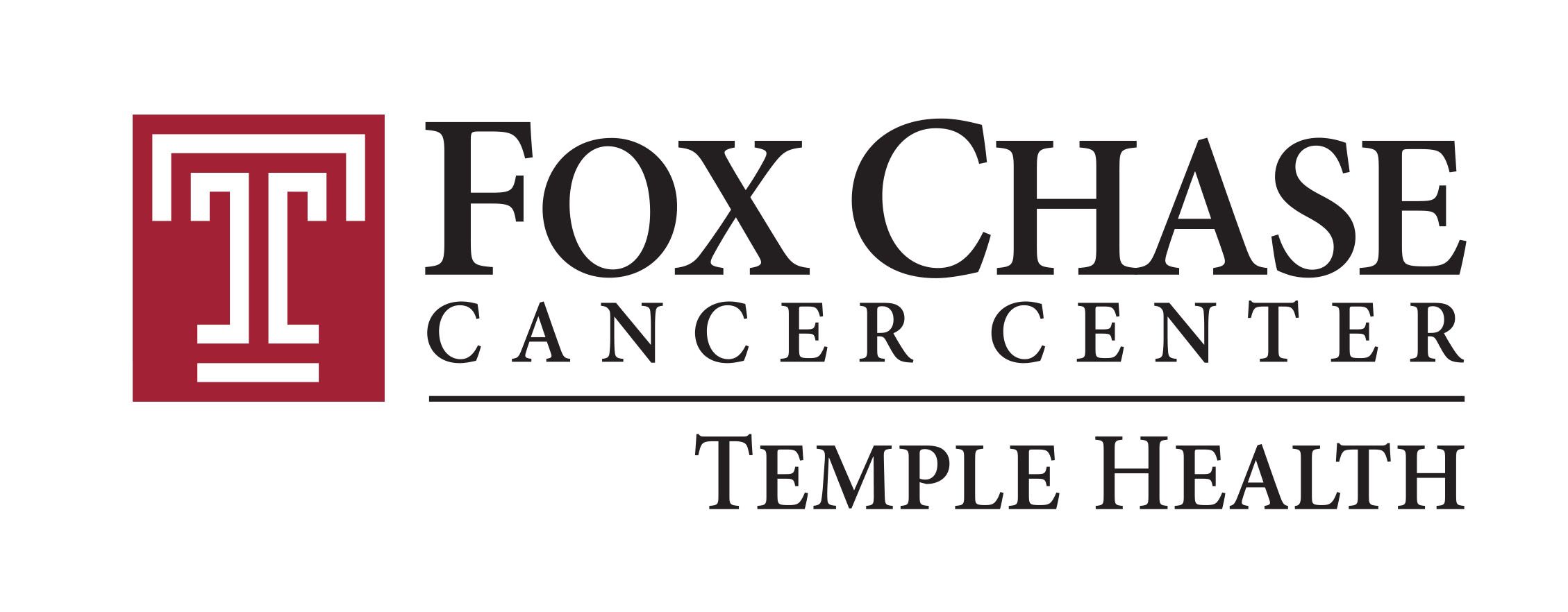- Advertise
- About OncLive
- Editorial Board
- MJH Life Sciences brands
- Contact Us
- Privacy
- Terms & Conditions
- Do Not Sell My Information
2 Clarke Drive
Suite 100
Cranbury, NJ 08512
© 2025 MJH Life Sciences™ and OncLive - Clinical Oncology News, Cancer Expert Insights. All rights reserved.
Dr. Burger on Bevacizumab in Ovarian Cancer
Robert A. Burger, MD, FACOG, FACS, Professor, Department of Surgical Oncology, Director, Women's Cancer Center, Fox Chase Cancer Center, discusses the use of bevacizumab in patients with ovarian cancer.
Robert A. Burger, MD, Professor, Department of Surgical Oncology, Director, Women’s Cancer Center, Fox Chase Cancer Center, discusses the use of bevacizumab in patients with ovarian cancer.
There were two phase II trials of monotherapy bevacizumab that demonstrated significant activity in the recurrent setting of ovarian cancer and nearly equivalent activity in platinum-resistant and platinum-sensitive disease. At the same time, Burger says, bevacizumab was approved by the FDA for the treatment of metastatic colorectal cancer and non-small cell lung cancer, so it was commercially available. When data were initially presented in this space, the use of bevacizumab in the recurrent setting was already fairly widespread.
In fact, Burger says, when phase III trials were initiated for patients with ovarian primary peritoneal and fallopian tube cancer, most patients were receiving bevacizumab in the recurrent disease setting. Burger goes on to say that the data from phase III trials, which showed significant prolongation in progression-free survival, and previous phase II monotherapy trials, were enough to generate interest in the off-label use of bevacizumab in the frontline.


